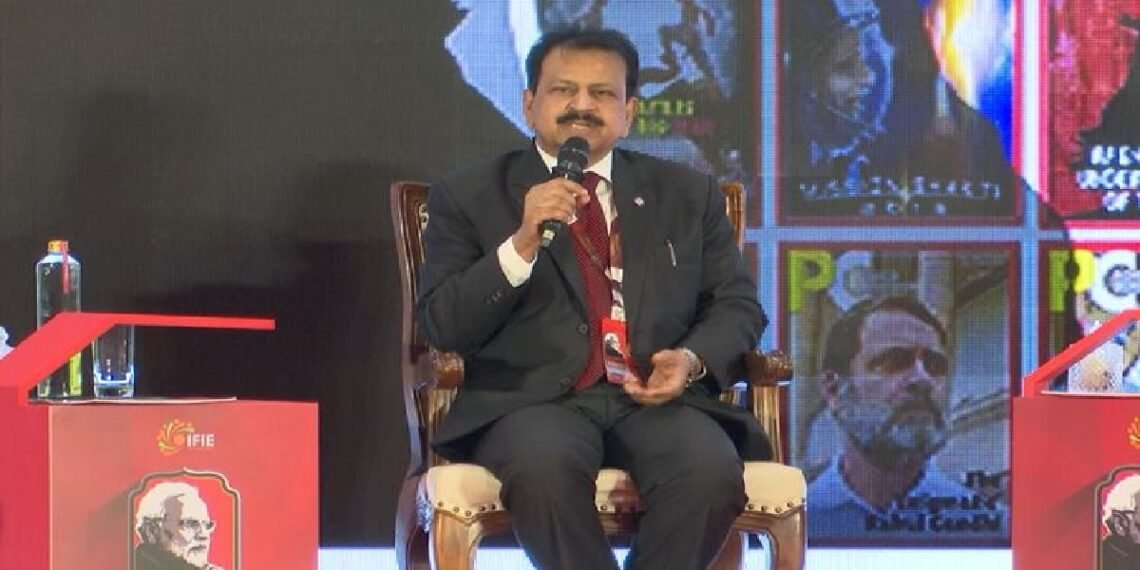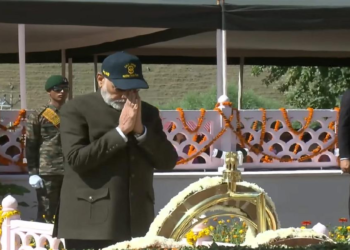According to Dr Debi Prasad Dash (Coordinator and Member (Finance), UN Security Council’s Panel of Experts on Yemen, Formerly, Principal Director General, Indian Customs (DRI) at Govt of India, DG, GST Intelligence, former officer CBI and RBI), A uniform regulation at the federal level is seen by many industry watchers as necessary for the gaming industry to reach its next development phase, capitalizing on a combination of growth drivers, such as India’s expanding mobile phone user base, growing spending power, broader access to higher internet speed, and pandemic restrictions to outward mobility.
Interactive Forum on Indian Economy (IFIE) organized the National Economic Conclave 2024 “Modi’s Vision: Bharat- A $5 Trillion Economy” on 30 January 2024 at 10 AM at Grand Hyatt Hotel, Santa Cruz, Mumbai. Prime Minister Narendra Modi has set a target of making India a $5 trillion economy and the third-largest economy in the world in the coming years. This conclave is organized to discuss the roadmap of how India will move in this direction, the special guests will include the 37th Chief Justice of India and former Chairman of the National Human Rights Commission, Justice KG Balakrishnan, former Supreme Court Judge Justice Gyan Sudha Mishra.
At the recent 50th GST Council Meeting concluded on July 11, 2023, the Group of Ministers (GoM) has recommended that online gaming should be taxed at a uniform rate of 28 percent. The tax will be applicable on the full-face value of bets placed, which means that the tax will be calculated on the amount of money that is wagered, regardless of whether the bet wins or loses.
The need for regulation arose after growing incidents of money laundering and addiction due to skill gaming; India is among the world’s four largest gaming markets. The gaming industry welcomed the move as regulatory certainty will bring it legitimacy. It will also boost scope for investments, while safeguarding the interests of skilled game players













